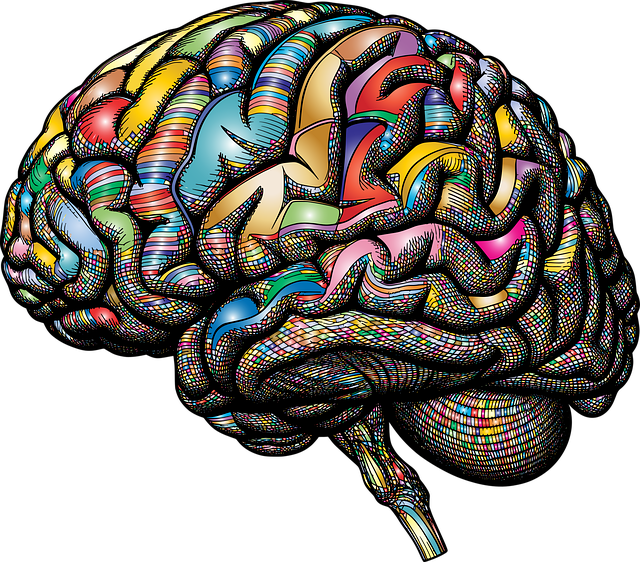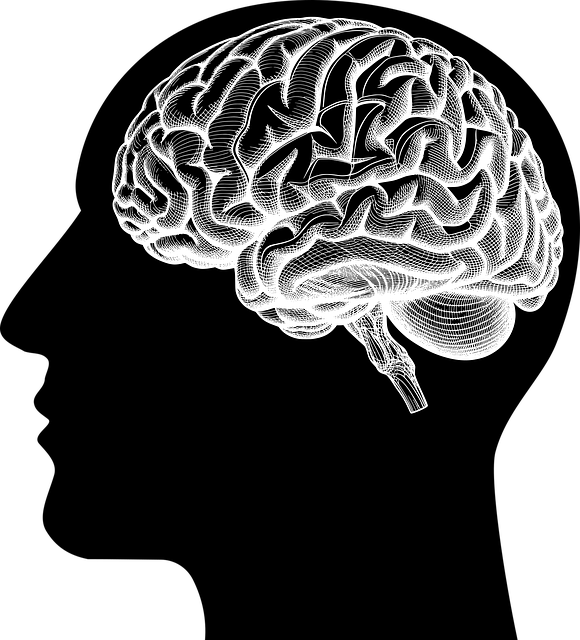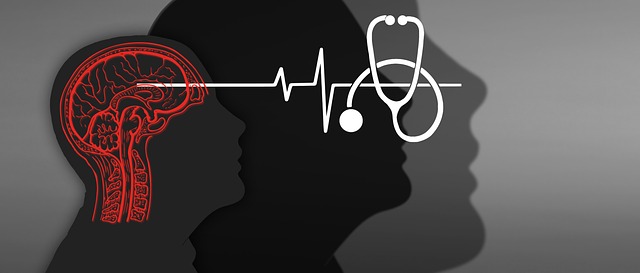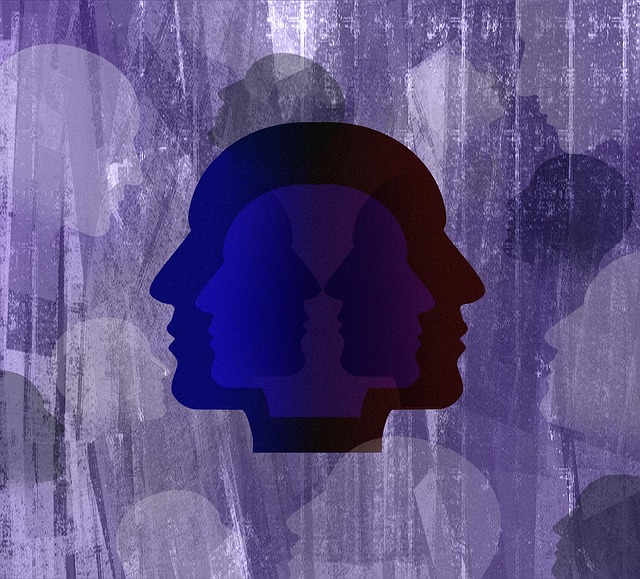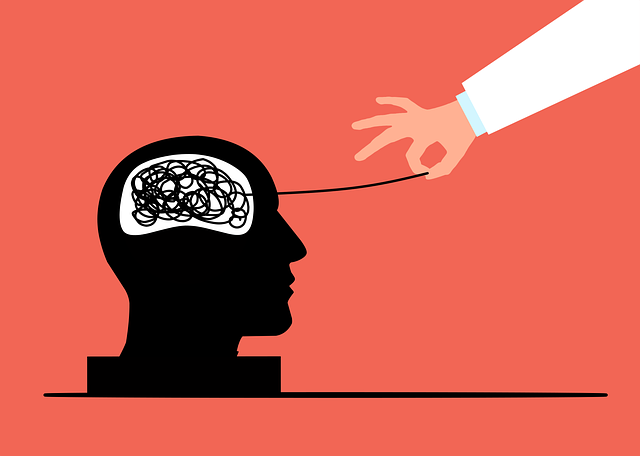Lone Tree American Sign Language Therapy (LTSLT) tackles the unique challenges faced by the deaf community in accessing mental health support, reducing stigma and fostering understanding through tailored ASL-based therapy. By promoting empathy through education, communication tools, conflict resolution, stress management guidance, and crisis intervention training, LTSLT empowers individuals to openly discuss their mental health experiences and breaks down barriers within healthcare systems. Their collaborative approach, including workshops and awareness campaigns, contributes to a culture of compassion and support for all, regardless of mental health status.
Mental illness stigma remains a significant barrier to seeking help, yet efforts to reduce it are gaining traction. This article explores three key components of a comprehensive strategy: understanding stigma and its profound impact on mental health, examining the unique role of Lone Tree American Sign Language (ASL) therapy in breaking down communication barriers, and highlighting the power of community engagement and education for collective change.
By addressing these aspects, we can foster a more supportive environment for those living with mental illness.
- Understanding Stigma and Its Impact on Mental Health Seeking
- The Role of Lone Tree American Sign Language Therapy in Breaking Barriers
- Community Engagement and Education: A Collective Effort for Change
Understanding Stigma and Its Impact on Mental Health Seeking

Stigma surrounding mental illness is a significant barrier to individuals seeking help and support. It often manifests as negative attitudes, beliefs, and stereotypes that contribute to discrimination and social isolation. This perception can be particularly acute for those dealing with conditions not readily visible, such as anxiety or depression, making them feel misunderstood and alone. At Lone Tree American Sign Language Therapy, we recognize the profound impact stigma has on a person’s willingness to open up about their mental health struggles.
Understanding stigma is crucial in developing effective reduction strategies. Many individuals avoid disclosing their mental health status due to fears of judgment or loss of privacy. In response, therapeutic interventions like those offered at Lone Tree American Sign Language Therapy focus on fostering empathy and breaking down barriers through education and communication tools, including conflict resolution techniques and stress management guidance. Crisis intervention training is also vital in equipping communities with the skills to offer immediate support during moments of heightened distress, thereby reducing the overall impact of stigma.
The Role of Lone Tree American Sign Language Therapy in Breaking Barriers

Lone Tree American Sign Language Therapy (LTSLT) plays a pivotal role in breaking down barriers and reducing the stigma associated with mental illness within the deaf community. By utilizing American Sign Language (ASL), LTSLT offers specialized therapy services tailored to address the unique challenges faced by deaf individuals struggling with mental health issues. This approach ensures effective communication, fostering a sense of comfort and understanding that is crucial for seeking help.
Incorporating ASL not only enhances access to care but also empowers deaf clients to express their experiences and emotions freely. This reduces the risk of burnout among healthcare providers who often encounter complex cases involving cultural and linguistic barriers. Crisis intervention guidance and self-care practices are integral to LTSLT, promoting a holistic understanding of mental wellness while encouraging open dialogue and reducing the stigma that has long surrounded mental health discussions within the deaf community.
Community Engagement and Education: A Collective Effort for Change

Mental illness stigma reduction requires a collective effort, and community engagement plays a pivotal role in fostering understanding and acceptance. By bringing people together, we can dispel myths and replace them with empathy and support. Educational initiatives, such as workshops and awareness campaigns, empower individuals to recognize the signs of mental health struggles and offer assistance without judgment. This approach is especially effective when tailored to diverse communities, addressing unique challenges and cultural nuances.
Lone Tree American Sign Language Therapy, for instance, demonstrates a commitment to community engagement by providing accessible resources like sign language classes. Such initiatives ensure that individuals with hearing impairments can communicate openly about their mental health experiences. Through education and connection, we cultivate a culture of compassion cultivation practices, conflict resolution techniques, and anxiety relief, ultimately contributing to a more supportive environment for everyone, regardless of their mental health status.
In the quest to reduce mental illness stigma, diverse initiatives like Lone Tree American Sign Language Therapy play a pivotal role in fostering understanding and acceptance. By combining targeted therapy with community engagement, these efforts break down barriers and create a more inclusive environment for those facing mental health challenges. Through education and open dialogue, we can ensure that everyone has access to the support they need, ultimately improving mental well-being across communities.
